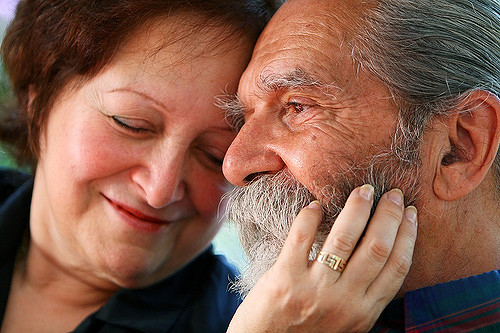
Sexual activity is, for many, one of the defining features of a romantic relationships. While there has been a lot of research investigating sexual activity and its consequences among young people, social science pays little attention to the health and emotional effects of sexual activity for older men and women. Sex among older individuals is particularly relevant because they are more likely to have sex and are more at risk for serious health problems. As such, Hui Liu and colleagues investigate how the sexual activity of older men and women affects cardiovascular risk.
The authors draw from interviews and screenings among individuals 57 to 85 in two waves of the National Social Life, Health, and Aging Project. The participants were asked about frequency of sexual activity and sexual quality — the physical pleasure and emotional satisfaction of sex. The authors used screenings for hypertension, rapid heart rate, elevated C-reactive protein, and general cardiovascular disease events as measures for cardiovascular risk.
The researchers find that older men who have sex at least once a week have a higher chance of cardiovascular disease events such as heart attack, heart failure, and stroke when compared to men who were sexually inactive. In contrast, the relationship between sex and cardiovascular risk among women has more do with quality than quantity. Older women who report having high quality sexual activity experience better emotional connection and intimacy with their partners, which reduces stress levels and cardiovascular risk, while women who have poor quality sexual relationships or have experienced marital loss are more likely to experience cardiovascular problems due to increased stress. Interestingly, high quantities of sex did not negatively affect older women’s health, and high quality sex did not protect men from cardiovascular risk. These findings challenge the assumption that sex brings uniform health risks and benefits to everyone, and highlight the ways that the gendered dynamics of sexual activity continue into old age.

Comments